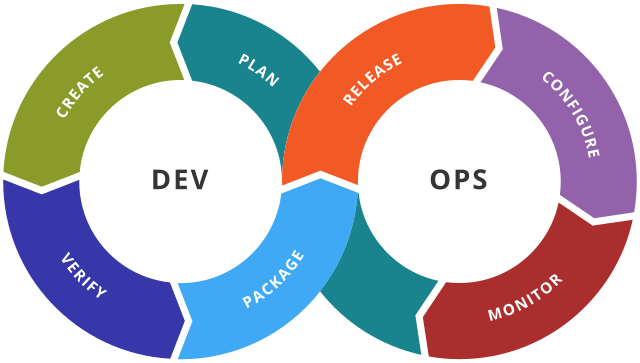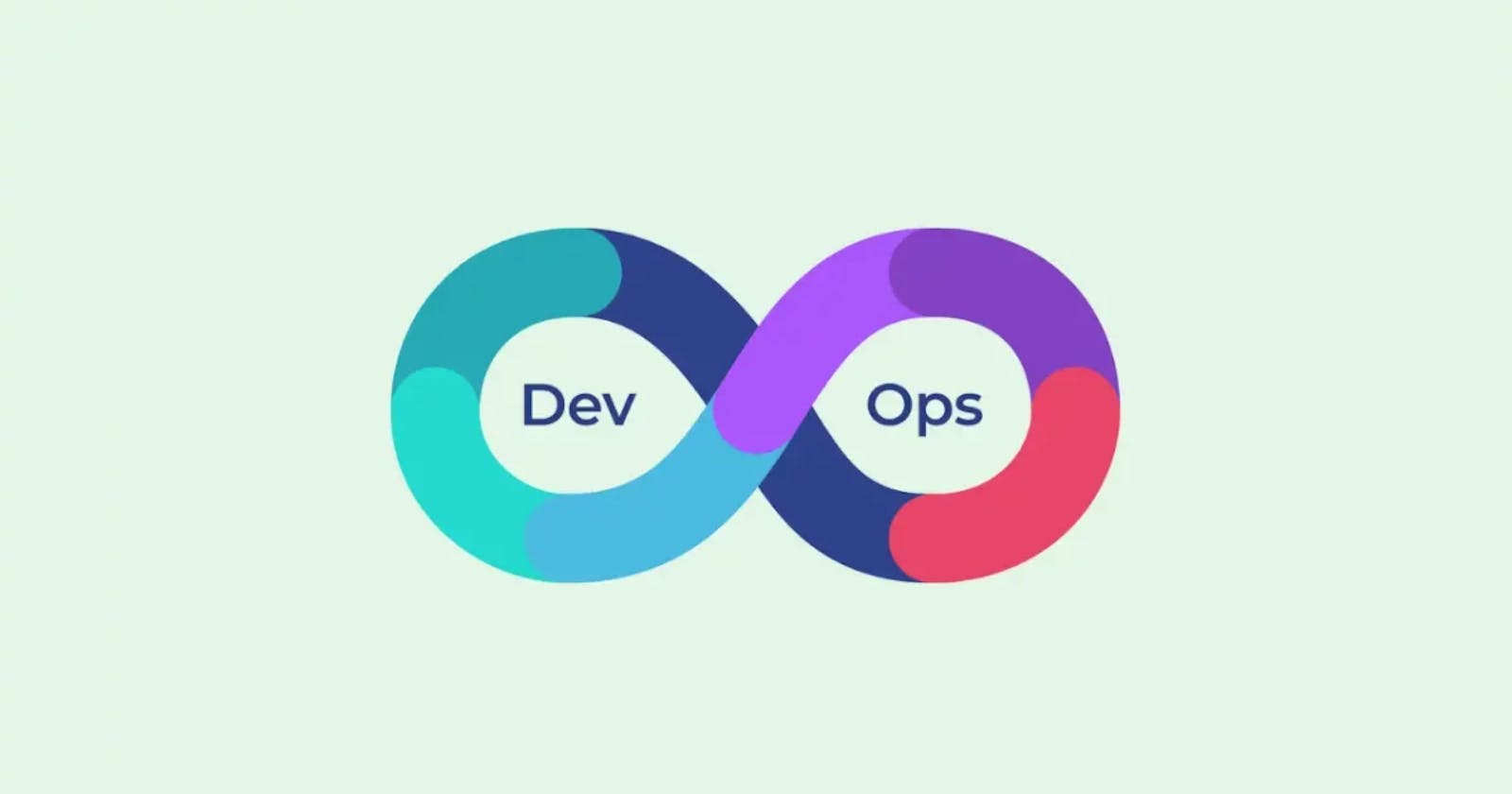Hey there! Ever heard of DevOps? It's like the superhero duo of software development and operations, teaming up to make everything faster, smoother, and downright awesome. Join me on a quick journey into the heart of DevOps – where collaboration and automation are the cool sidekicks that make things happen. Ready to dive in? Let's roll! 🚀

DevOps is a software development approach that combines "Development" and "Operations," aiming to enhance collaboration and efficiency throughout the software development lifecycle. Its key principles include continuous integration, continuous delivery, automation, and a culture of collaboration and communication among development and operations teams. The goal is to deliver high-quality software faster and more reliably.
Automation
Automation is a key principle that involves scripting and tools to streamline and accelerate various processes within the software development lifecycle. This can include automating code builds, testing, deployment, and infrastructure provisioning. Automation reduces errors, enhances consistency, and speeds up the delivery of software.
Scaling
Scaling in DevOps refers to the ability to efficiently handle increased workloads or demand for services. This can involve scaling horizontally by adding more hardware or instances to distribute the load, or scaling vertically by enhancing the capacity of existing resources. The goal is to ensure that the infrastructure and systems can accommodate varying workloads without compromising performance or reliability.
Infrastructure
infrastructure refers to the underlying hardware, servers, networks, and other components that support the deployment and operation of software applications. Infrastructure as Code (IaC) is a common DevOps practice where infrastructure is defined and managed through code, allowing for consistent and repeatable deployments. This approach improves efficiency, reduces manual errors, and enables version control for infrastructure configurations.
Why is DevOps Important?
DevOps is important because it makes the process of creating and updating computer programs more efficient. It's like teamwork for the tech folks – they use smart tools to work together smoothly. This means they can deliver new features and improvements faster without causing problems. So, in simple terms, DevOps helps tech teams keep up with the ever-changing needs of users and businesses.
Future in DevOps
The future in DevOps looks promising and will likely continue to play a pivotal role in the realm of technology and software development. As organizations increasingly prioritize agility, efficiency, and rapid delivery of high-quality software, DevOps practices will remain at the forefront. Continuous integration, continuous delivery, and automation will continue to evolve, enabling faster and more reliable software releases.
As the cloud computing landscape evolves, DevOps will adapt to new challenges and opportunities. The focus on security within DevOps practices is expected to grow, ensuring that the rapid development and deployment of software do not compromise system integrity.

